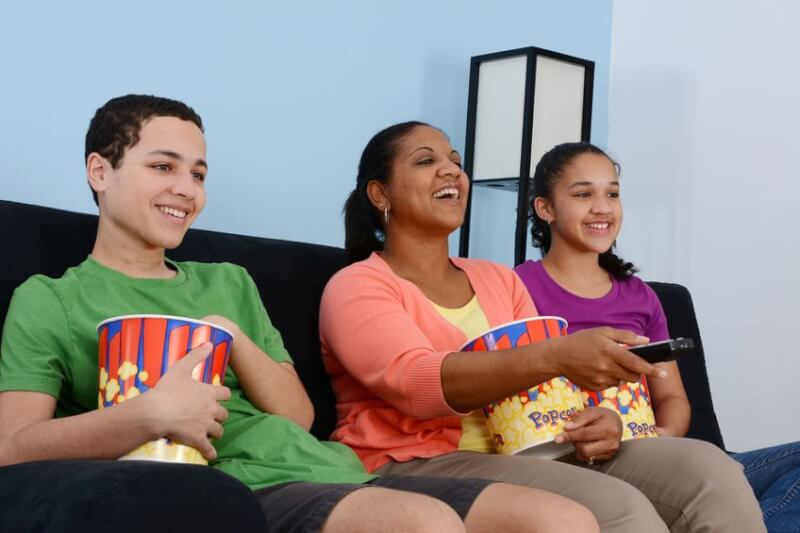In another article, I made the point that to prepare for the significant challenges of adult life, a child has to learn a lot more than what is taught in school. Among other things, wisdom. When I grew up, I was fairly smart in school, making straight A’s every semester. But the wisdom piece didn’t start building for me in a big way until I was in my 30’s, after I had returned from Vietnam and earned my Ph.D. And now, 40 years later, I continue to add to my wisdom bank account as I dialogue with smart people and contend with the issues and problems that are the main ingredients of work and everyday life.
But oh, man, how I wish I had gained some of this wisdom when I was young. I realize now that some of my peers back then were pretty advanced in this department, that they had somehow learned some things that I wouldn’t understand until much later. I often wondered how they knew these things.
So I think this question is appropriate: Why not help teens learn some of the fundamental truths about relationships, work, and life? Why should they have to wait until they’re adults to learn the hard way, by recovering from one crisis or disaster after another?
Of course, this sparks another question: How can parents share life wisdom with their adolescent children, who hate lectures and think they’re already smarter than their parents?
One answer is to watch movies with them. Yes, you heard that right. It can be a time when parents and their growing child share family time in an enjoyable, relaxing environment. IF…you do it right.
1. Watch the right movie. Not the kind of mindless, exploitive trash that teens usually watch, such as “Mean Girls,” “Clueless” and “10 Things I Hate about You.” Like sitcoms, these movies have no point except to portray teens at their worst for the sake of comedy. And not movies rated R for violence, sex and language, which have no point but to entertain with exciting chase scenes and pointless killing. Instead, there are, in fact, many serious adult movies that involve young people, dramas that feature character development and themes worthy of pondering, films such as “The Karate Kid” and “True Grit” and “13 Going on 30.”
2. After the movie, talk about it. Remember specific scenes in which the main character faced a conflict, resolved an issue, or learned a life lesson. Ask for your teen’s thoughts. “Why do you think she made that choice?” “What do you think he learned from what happened?” After listening to understand their perspective, you can share your own opinions without trying to seem smarter and wiser and without trying to argue or set your child straight. It’s enough to just get your child to exercise thinking. Why did that happen? Why did the characters act the way they did? What were the consequences? – to learn vicariously from the fiction.
Parenting a teen doesn’t always have to be anxious and emotional. It can be great just to relax and enjoy something pleasurable with them. And as they munch on their popcorn, they won’t even know they’re absorbing life wisdom.
 And along the way, helping your child develop vital thinking skills is perhaps the best way to prepare them for leaving the nest. My new book: How Your Teen Can Grow a Smarter Brain.
And along the way, helping your child develop vital thinking skills is perhaps the best way to prepare them for leaving the nest. My new book: How Your Teen Can Grow a Smarter Brain.
You can grow the bond with your child through better listening. Download the FREE ebook, Listening to Understand.

